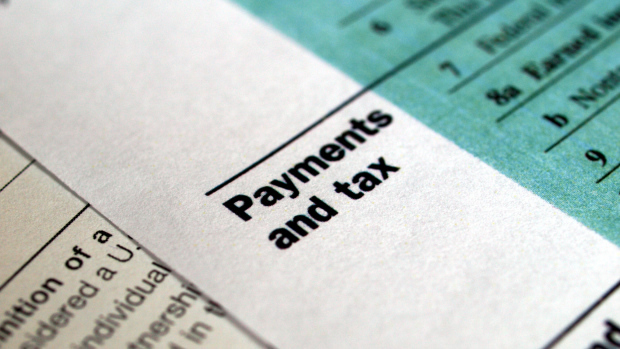The IRS may be the most powerful collection agency in the country, and possibly the world, but it must follow certain laws and guidelines just like any other agency. Because it is a part of the government, it does have its own collection rules. When you face an IRS wage garnishment, it is important that you know the specific laws and rules applicable to the IRS, especially in regards to your rights as a taxpayer.
When Can the IRS Enact a Wage Garnishment?
A wage garnishment is a special type of levy that takes a percentage of your wages and applies them to your federal tax debt. Almost any type of income can be legally seized by the IRS, including salaries, wages, tips, commissions, bonuses, and more. However, the IRS cannot enact a wage garnishment right away. First, they have to send you a bill for your tax liability and give you a certain period of time to pay it or come to some other agreement.
If you do not pay, the IRS typically sends you a notice of a lien, but they may skip that step and go straight to a levy. Regardless, they do have to send you notice in writing and give you a period of time to take action, which is typically 30 days. Once those 30 days are gone, they have the right to levy your income, which is known as a wage garnishment.
How Much Can the IRS Take?
Most wage garnishments are protected by Title II of the Consumer Credit Protection Act, which only allows a maximum of 25 percent of the disposable income to be taken. However, the IRS has been granted special status and does not fall under this law. Instead, they have their own guidelines to determine how much money they can leave. They calculate the minimum amount of money on which you can live based upon national estimates according to your tax deductions, and then they take the rest. That means that a single person with no dependents working a minimum wage job would be left with the same amount of money as someone working a six-figure job who also files as a single person with no dependents. Usually, this amount is a lot less than how much money a person really needs to live.
How Does the IRS Take the Money?
The IRS contacts your employer directly to garnish your wages through a wage levy notice. Your employer must provide a copy of it to you. The paperwork includes an exemption claim form, which you can complete to help with the situation. Unlike other wage garnishments, the IRS does not need any type of court order. As long as you have been adequately notified, they have the right to work directly with your employer. You will continue to receive the exempt portion of your salary to pay your bills.
Can You Be Fired?
If your IRS wage garnishment is the only one on your paycheck, your employer cannot fire you. If you are fired, you can take action against your employer for unlawful discharge. However, if you have more than one wage garnishment, the law no longer protects you from being fired.
The best way to deal with an IRS wage garnishment is to stop it before it starts. As soon as you receive notice from the IRS about a tax debt, you should take action. Working with a tax debt relief specialist, such as the staff at Fidelity Tax Relief, can provide you with the resources to negotiate a settlement. Even if a levy has already been enacted, it is never to late to take action. We can help to stop a wage garnishment already in place. Call us today at 877-372-2520 to begin our Fidelity Resolution Model and head towards compliance and freedom from the IRS.


